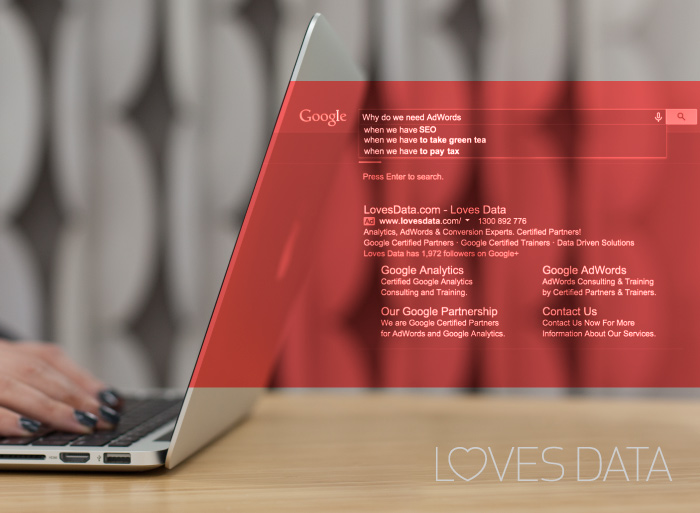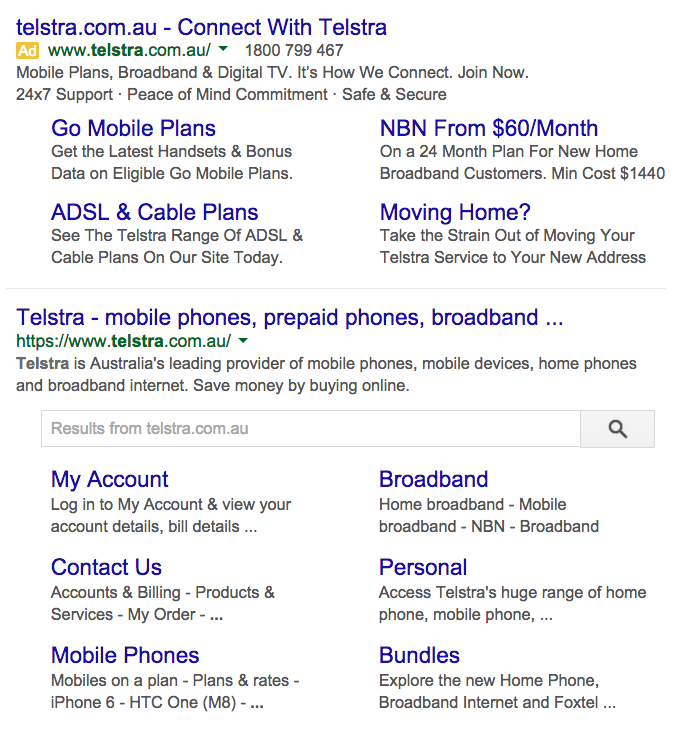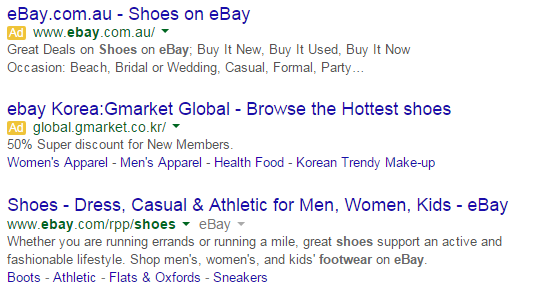Why Run Google AdWords When You Have SEO?
Loves Data

As the industry matures and costs-per-click rise, this question has come up again and again: why would you substantially invest into Google AdWords, if your website is successful in SEO? Now, our brand is ‘Loves Data’, not ‘Loves Google’, so although we’re really strong advocates of Google AdWords, we do know it’s not a perfect fit for all organisations and all websites. So when is it that you should reconsider? These are the most common scenarios, where an organisation has a strong SEO presence, and we wouldn’t recommend Google AdWords:
- There is no capacity to fulfil additional conversions (a problem many readers wish they had, but nonetheless a real problem for some businesses).
- Any additional volume of clicks and conversions from Google AdWords would be dwarfed by the SEO channel, making AdWords a net negative ROI, when effort is taken into account. This may be true of some of the most well-known businesses.
- The product/service inherently relies on word of mouth (or similar channels) for conversions, so the conversion rates from Google AdWords traffic are expected to be orders of magnitude lower than from other channels. This would be a rare case since we can expect similar issues with the SEO traffic as well.
The above factors would not be true for most organisations, even ones that have a really strong SEO presence. A while ago, we wrote a blog post about the pros and cons of advertising on branded keywords, but let’s look at a couple of examples based on further industry developments.
Common sense would have it that someone searching for ‘Hoyts session times’ just wants to get to the website. So displaying a Hoyts ad above a Hoyts organic listing is unlikely to convince any additional people to click. However, this interpretation misses out a couple of important reasons for running Google AdWords, even when there’s an organic listing.
Precise control over the copy of your listing
Consider the listing below for someone searching for Telstra:

Your response may vary, but I find that the paid listing is more relevant if I were considering switching to Telstra (which is often a goal of Google AdWords campaigns). The organic listing for the homepage needs to cover more service so it reads more like boilerplate.
Unlike organic listings, paid ads can have:
- References to specific products in the paid ads;
- Controlled sitelinks;
- Promotion of specials; and
- Stronger calls-to-action to pre-qualify the customer before the click.
Different conversion rates
Treating organic and paid traffic as equivalent assumes that the quality of the clicks is the same. However, it is not the same and in our experience, Google AdWords clicks tend to convert better than organic traffic for a lot of industries. The reasons for this are likely to relate to the previous example and all the ways in which the ad can be heavily customised to pre-qualify a potential customer.
Choice of landing page
While this is not critical for a small website, if you have thousands of pages this might become an issue. Even with great SEO, your organic listing might not show the page you’d like it to show. Below is a search for [ebay shoes]:

Here, the organic listing is actually for ebay.com which is their USA website. Clicking on it shows the following at the top of the page:

Father’s day this month? No it isn’t; not in Australia! This is a case where the paid ad that sits above the organic listing can be expected to have a substantially higher conversion rate.
Easier to implement testing
While it’s possible and desirable to do some testing with your organic listings, this can only be done in a roundabout way. Google will only ever index one copy of your page and if you throw in a second page to target similar keywords (in order to see which copy ranks higher in Google), you are likely to do more harm than good to your rankings. As a result, there is no easy way to run A/B tests using just the organic platform. This forces marketers to make changes and see what happens, something that makes isolating your results from noise and seasonality pretty difficult. On the other hand, there are plenty of opportunities to test and improve your ROI in a Google AdWords campaign, including the formal Campaign Experiments feature.
So really, the question should be: why shouldn’t you have Google AdWords?
Even for the largest websites that get the bulk of their traffic from organic, Google AdWords is an excellent platform to provide incremental traffic and conversions and engage in rapid-fire testing. Google AdWords allows you to receive detailed, actionable data in a short timeframe and extract learnings for your entire business. Even for branded keywords.
Music to our ears. Testing + data = optimisation.

Comments